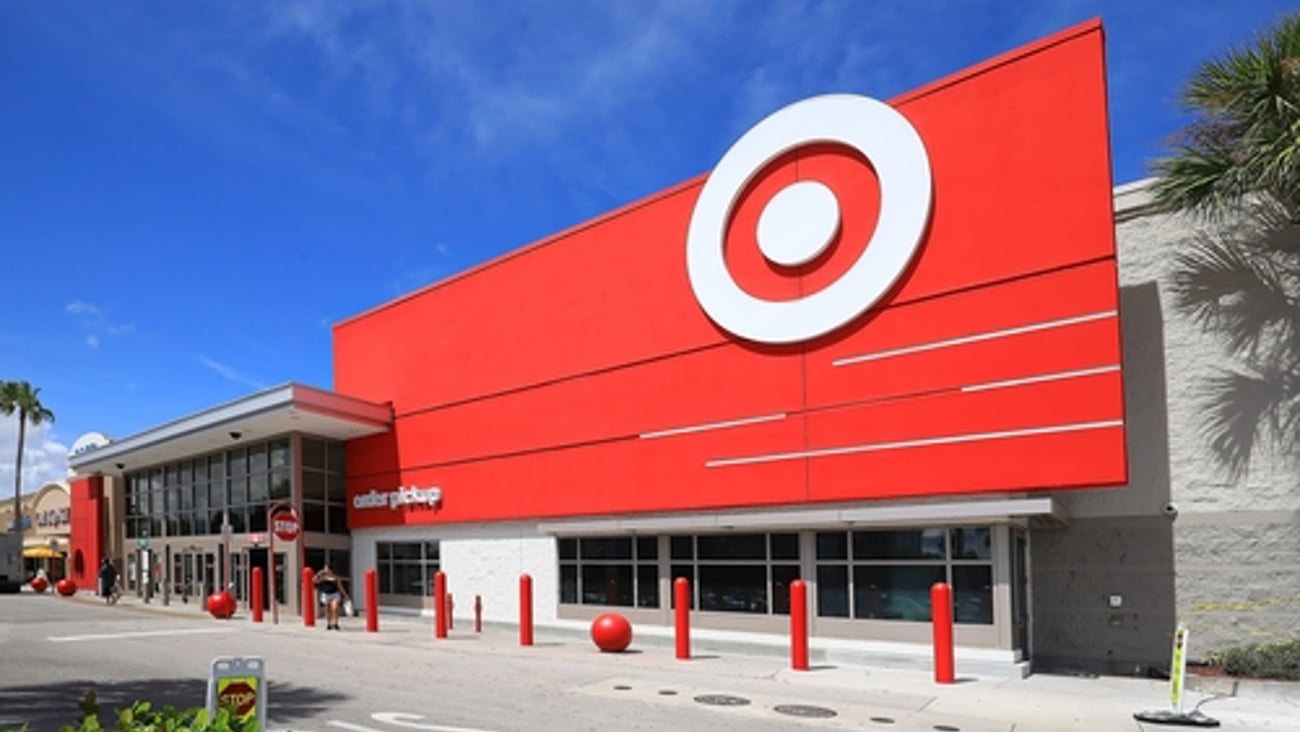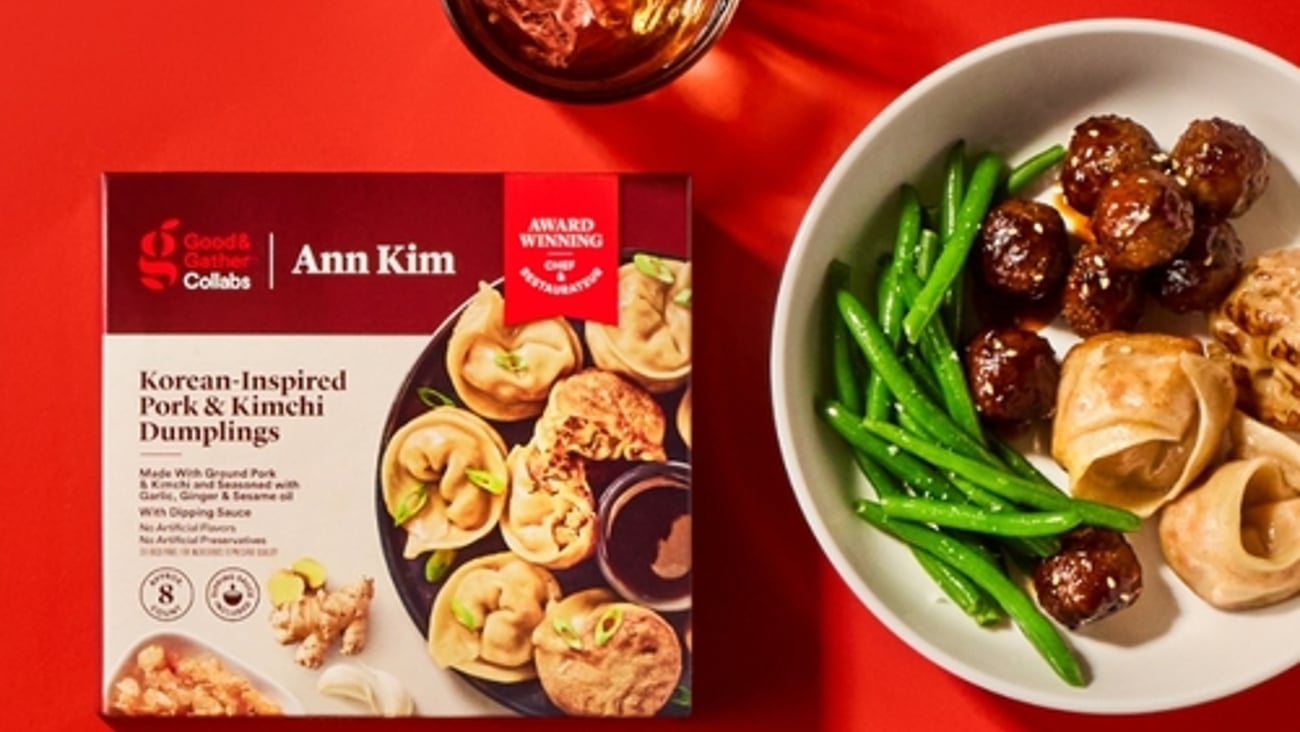‘Eccellente’ ideas for private brands
It’s a mainstream product in Calabria, Italy, and has been for nearly 30 years. But nduja — a spicy, spreadable pork salami from Italy — would be the definition of differentiation as a store brand in a U.S. grocery store.
San Pietro Srl, an Italian meat company exhibiting last week at the CIBUS 19th International Food Exhibition, offers the tasty artisanal product and was serving up samples of it on crackers at its trade show booth during the show. I stopped by a few times to partake. Noemi Sirianni, production manager for San Pietro Srl, told me in a translated interview that the company has been exporting the product to Canada, Japan, China and England. Sirianni believes there is a market for nduja in the United States.
“Americans like spicy [products],” Sirianni says. “I think they would love this.”
Incidentally, Sirianni says San Pietro Srl is open to offering nduja as a store brand for U.S. grocers. Nduja would definitely qualify as a premium product, a tier of private brands that is growing as retailers seek to differentiate themselves.
Speaking of U.S. grocers, there’s a good chance that the people in charge of private brands at America’s best retail grocers — the ones who are as serious about store brands as authentic olive oil — may have been at the CIBUS show in Parma, known as “the heart of the Italian Food Valley,” or have attended the show in the past. CIBUS is called the “key event of the Italian agri-food sector,” allowing the companies committed to “Made in Italy” food to meet the major distributors, importers and retailers of domestic and international markets. It’s one of the top food shows in Europe.
No doubt that “Made in Italy” resonates with Americans, especially when it comes to food. So the CIBUS show, which takes place every two years and featured about 3,100 Italian food exhibitors and 1,300 new products this year, will remain a place to find potential private brands. There are plenty of products at the CIBUS show, comprised of five halls dedicated to meat, dairy, beverage, bakery and other grocery products, that could help take the U.S.’s burgeoning tier of premium private brands to another level.
During the show, I also spoke to Gianluca Compare, the export manager for Saporeat s.r.l, an Italian snack supplier which specializes in tarallini, a cracker that has been popular in southern Italy for years but may be waning. Compare said his company has kept the traditional recipe and craftsmanship of the product going. But the key is “tradition in innovation,” he noted, to keep the product popular.
Saporeat s.r.l has offered flavored tarallini in pizza, chili pepper and extra virgin olive oil flavors for several years. But the company was introducing three new flavors including coffee, lemon and wild berry at CIBUS. Compare stressed that the tarallini contains few ingredients and called them natural products. He said the new coffee tarallini contains real coffee, not just coffee flavor.
But tarallini is expensive to manufacture, Compare stated, and its popularity isn’t what it once was.
But with the new flavors — all of them outstanding in taste and aroma, by the way — Compare hopes to rejuvenate the product sector. I told him that U.S. consumers, many who now snack throughout the day, want tasty, clean-label products with natural flavors so his product is a good fit.
Maybe a U.S. retailer can make a go of Saporeat s.r.l’s tarallini as a private brand. Maybe a new tarallini tradition could begin in America. It wouldn’t be the first time that the U.S. has called an Italian product its own.






